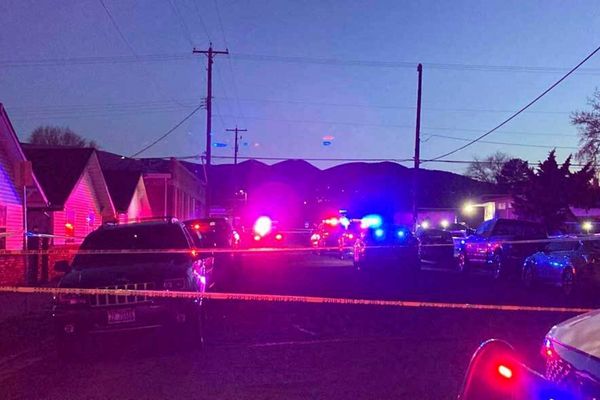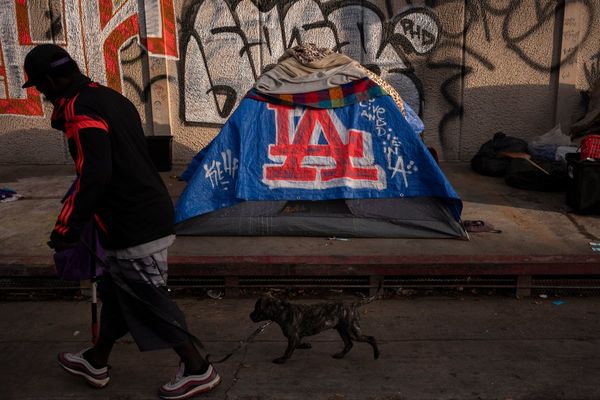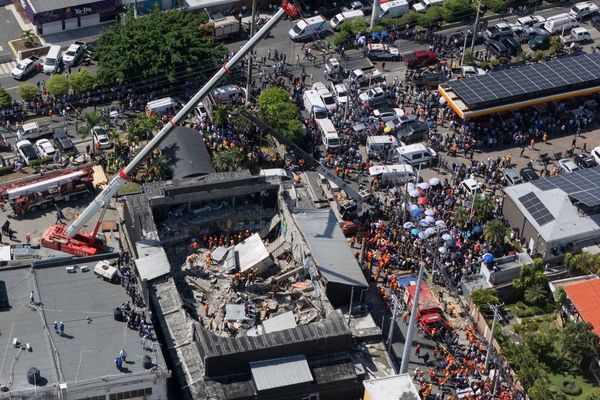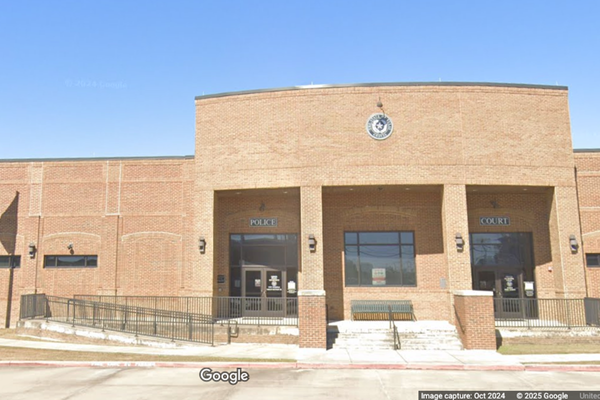“What I saw appears to have not happened and my memory has failed me.”
With that admission from ACT Policing’s Sgt David Power, a high-profile case brought by police against the NRL stars Latrell Mitchell and Jack Wighton fell apart. Under questioning, Power was forced to admit on Tuesday that his version of events leading to the pair’s arrest outside Canberra’s Fiction nightclub in February never happened.
When news of the arrests made headlines in February, it was presented as yet another case of footy players behaving badly. But the allegations of fighting in a public place, affray, resisting police and ignoring an exclusion order levelled at Mitchell and Wighton wouldn’t stand up to more than a day’s questioning in court. While eight officers were scheduled to testify, Power was the only one to give complete evidence before the ACT department of public prosecutions dropped the charges.
Power first alleged he saw Wighton inside the club holding a man by the shirt with clenched fists and an angry expression on his face before giving Wighton an exclusion order barring him from Canberra’s CBD for several hours. The footage from Power’s own body camera showed no such incident. Nor did the CCTV footage from the nightclub included by ACT Policing in their brief of evidence.
Power then claimed that Wighton’s aggressive behaviour occurred in a part of the club not covered by CCTV. Unbeknownst to ACT Policing and the DPP, Wighton and Mitchell’s legal representatives had obtained another angle of the club’s CCTV footage that was not included in the brief of evidence.
That “missing” footage showed Wighton at the moment Power alleged he was behaving aggressively. Wighton appears to lightly push one of his friends who is trying to hug him again before walking back to the dancefloor. Shortly after, nine officers enter the club and escort him out.
Mitchell’s lawyer, Tom Taylor of Hugo Law Group, said it showed Wighton “blowing someone a kiss, waving them goodbye and giving them a hug”.
Mitchell and Wighton are now considering civil action based on the conduct of the officers who arrested them. CCTV footage from outside the club shows officers swarming the pair and pinning Mitchell face-down with his hands behind his back. Bodycam footage of the arrest shows Mitchell screaming in pain and pleading with police to stop hurting him.
“Please, my shoulders! Please! I’ve done nothing wrong,” Mitchell says in the footage. “Because I’m a blackfella?” he asks officers at one point.
While several officers have now been referred to ACT Policing’s internal standards unit, Taylor does not believe the investigation will give the public satisfactory answers.
The case has become another major embarrassment for the ACT’s justice system. Divisions between ACT Policing and the DPP became public earlier this year in the publication of Walter Sofranoff’s report on the inquiry into the criminal justice system.
That inquiry was prompted by the abandoned prosecution of former Coalition staffer Bruce Lehrmann and a series of allegations about police conduct made by the then director of public prosecutions, Shane Drumgold, which he later retracted.
However, Drumgold’s conduct was savaged in the final report by Sofranoff and in a final twist, Drumgold is now applying for a judicial review of the findings against him.
The whole episode was damaging for the reputation of the ACT justice system.
Taylor says that what was at stake in the Wighton and Latrell case was extremely serious.
“The problem with police reviewing police is you don’t get anywhere with it, particularly for these types of incidents,” Taylor says. “There should be some sort of independent inquiry or review.”
Taylor believes that while “the community would have concerns about the ACT police force over the Mitchell-Wighton case, criticism of the DPP was unwarranted.”
“The DPP makes a decision to prosecute based on the material that’s in front of them,” Taylor says.
When he first fronted the media after his arrest in February, Mitchell was philosophical. “Would you hear about it if it wasn’t Jack Wighton and Latrell Mitchell?” he asked at the time.







